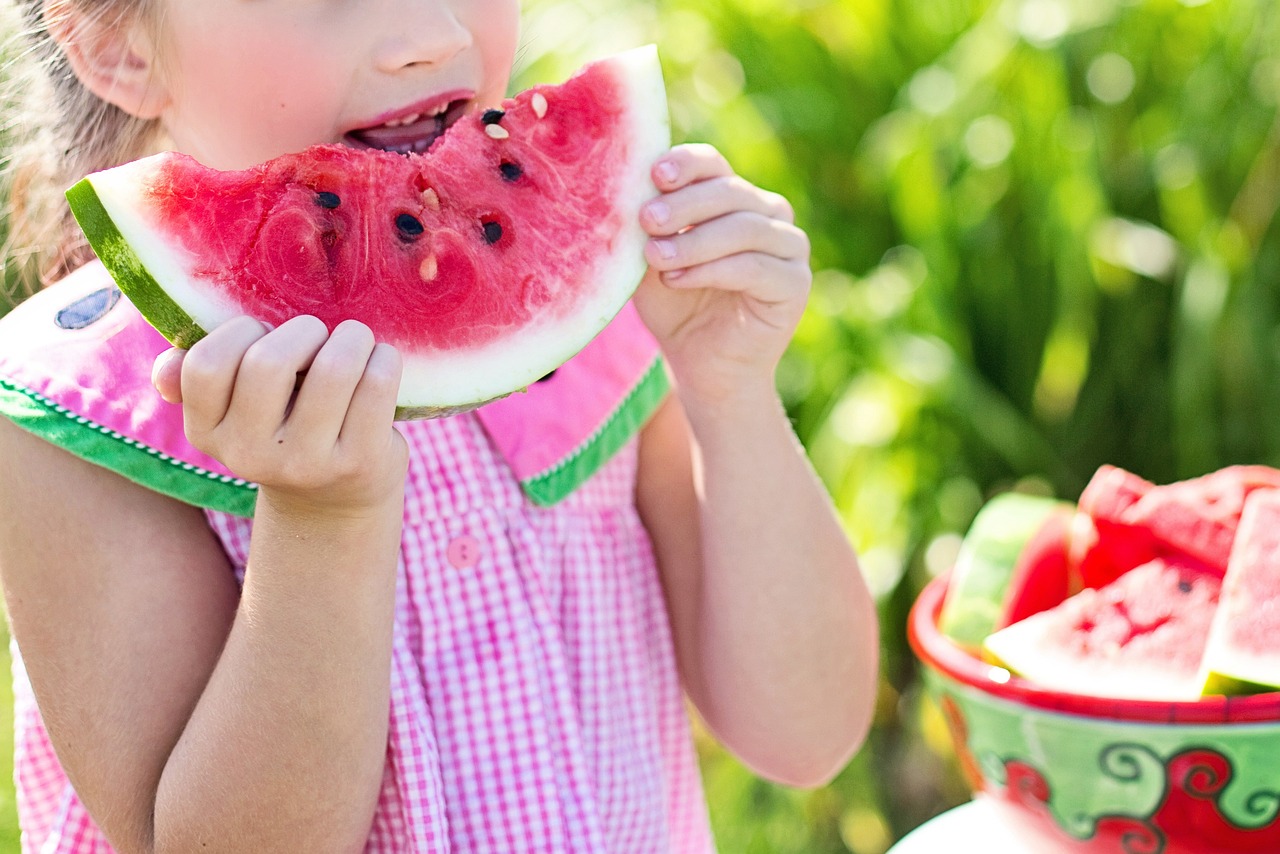Nurturing Nutritious Habits: A Guide to Inculcating Healthy Eating in Toddlers
In the formative years of a child’s life, establishing healthy eating habits lays the foundation for a lifetime of well-being. Toddlers, typically aged between one and three years, are at a crucial stage of growth and development. This article explores practical strategies for parents and caregivers to foster nutritious eating habits in toddlers.
1. Lead by Example:
Children often emulate the behaviors they observe. Model healthy eating habits by incorporating a variety of fruits, vegetables, whole grains, and lean proteins into your own diet. Sharing meals together creates a positive environment, making food a pleasurable and communal experience.
2. Introduce a Rainbow of Foods:
Expose toddlers to a diverse range of colorful foods, as different hues often signify various nutrients. Encourage a mix of fruits and vegetables to provide a broad spectrum of vitamins and minerals essential for growth.
3. Gradual Introduction of New Foods:
Introduce new foods gradually and patiently. Toddlers may initially resist unfamiliar tastes and textures. Offer small portions and celebrate small victories when they try something new. Avoid forcing, as this can create negative associations with certain foods.
4. Establish Regular Meal and Snack Times:
Set a consistent schedule for meals and snacks. Predictable eating times help regulate a toddler’s appetite and prevent excessive snacking. Provide a balanced mix of nutrients during each meal to ensure optimal nourishment.
5. Create a Positive Eating Environment:
Make mealtimes enjoyable by creating a positive atmosphere. Minimize distractions such as electronic devices, and focus on the joy of eating together. Encourage conversation and praise efforts rather than results to build a healthy relationship with food.
6. Allow Independence:
Empower toddlers to feed themselves with age-appropriate utensils. Allowing them to make choices within a structured framework fosters a sense of autonomy and makes the eating experience more engaging.
7. Limit Sugar and Processed Foods:
Be mindful of the sugar content in foods and beverages. Opt for natural sweetness from fruits and limit the intake of processed snacks. Gradually reduce sugary treats to cultivate a preference for healthier options.
8. Hydration is Key:
Ensure an adequate intake of water throughout the day. Limit sugary drinks and encourage the habit of drinking water with meals. Proper hydration supports overall health and aids digestion.
9. Educate about Food Sources:
Simplify discussions about where food comes from. Visit local markets or involve toddlers in age-appropriate cooking activities. Understanding the origins of food can make it more interesting and appealing.
10. Be Patient and Persistent:
Developing healthy eating habits is a gradual process. Be patient, understanding that toddlers may go through phases of picky eating. Stay persistent in offering a variety of nutritious options and adapting strategies as needed.
Inculcating healthy eating habits in toddlers is a vital investment in their future well-being. Through positive role modeling, exposure to diverse foods, and the creation of a supportive eating environment, parents and caregivers can lay the groundwork for a lifetime of good nutrition. By adopting these strategies, you empower toddlers to develop a positive relationship with food that will benefit them throughout their lives.








